Dear all,
A merry and bright Christmas to you! May Christmas bring small and bigger miracles for all of you (as we have seen today, Christmas miracles do occur, Boris!). I deeply hope that the global situation will improve soon and each and every one of you gets a few wishes fulfilled. I am meditating for you, sending all my kindness, hope and love. Wishing you a calm Christmas break and a better year to come, full of sunshine, inspiration, retreat, love and experiences that one will happily keep forever. Who knows, maybe we are awaiting a white Christmas here!
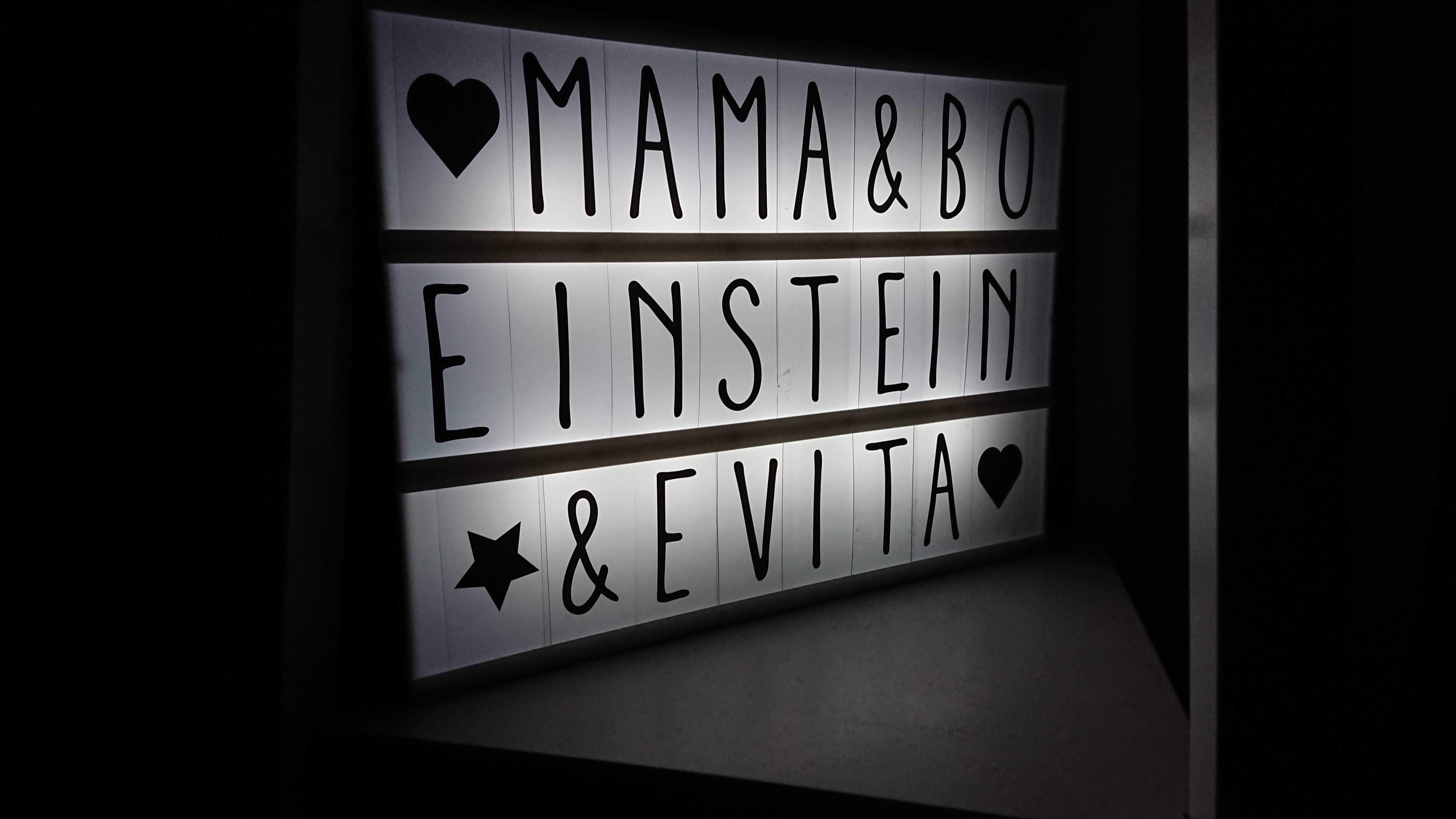
Lots of love to you!
I apologise for not having updated. Things have been rather chaotic, scary and yet without a prognosis. Severe pelvic and leg pain since the summer, followed by a complete bowel paralysis about a month ago. The doctors still don’t know how to treat it, I have been in and out of hospital, losing more weight with a dangerously low BMI of well below 14 at the moment and a quite poor health status. Luckily, I was able to spend my birthday at home (first time no inpatient stay, no tests or clinic visits in the past years!), but the day after we were on the way back to the clinic, again with a (sub)ileus on board. Some treatment and intervention under narcotics and I am free to go home today’s afternoon, just to come back in the beginning of the new year. Groundhog Day. I am feeling like a Christmas bubble right now, my bowel is so dilated and can’t even move air forward that it is quite painful and uncomfortable, the bacteria are already celebrating New Year’s Eve. A walk and I feel like floating around, I have so little energy – it is scary and I am scared about the coming weeks. The intestines bulge into my back which feels as if my whole spine is going to fall in at any minute and I am just so damn hungry. I can’t sit or lay down on my back as I am just on bones then, it is so disgusting. I stop here. I don’t give a shit, lol.
It was my decision today whether I want to stay in the hospital or come home. As it doesn’t make any difference whether I hunger there or at home, but home is far more comfy, I decided to go home. However, I am not sure whether this was actually a good idea, having almost called the ambulance again. Well, would we ever have thought what kind of conditions can become normality?
Thank you very much for you lovely messages, cards and presents – I feel so grateful and touched! With three guardian angels***** (including another small one for the key, adding to the larger angel and the smaller kidney) I am sure that I will be well protected in the next few weeks. I will go on some virtual flights through the fresh air and the large-scale structure of the universe.
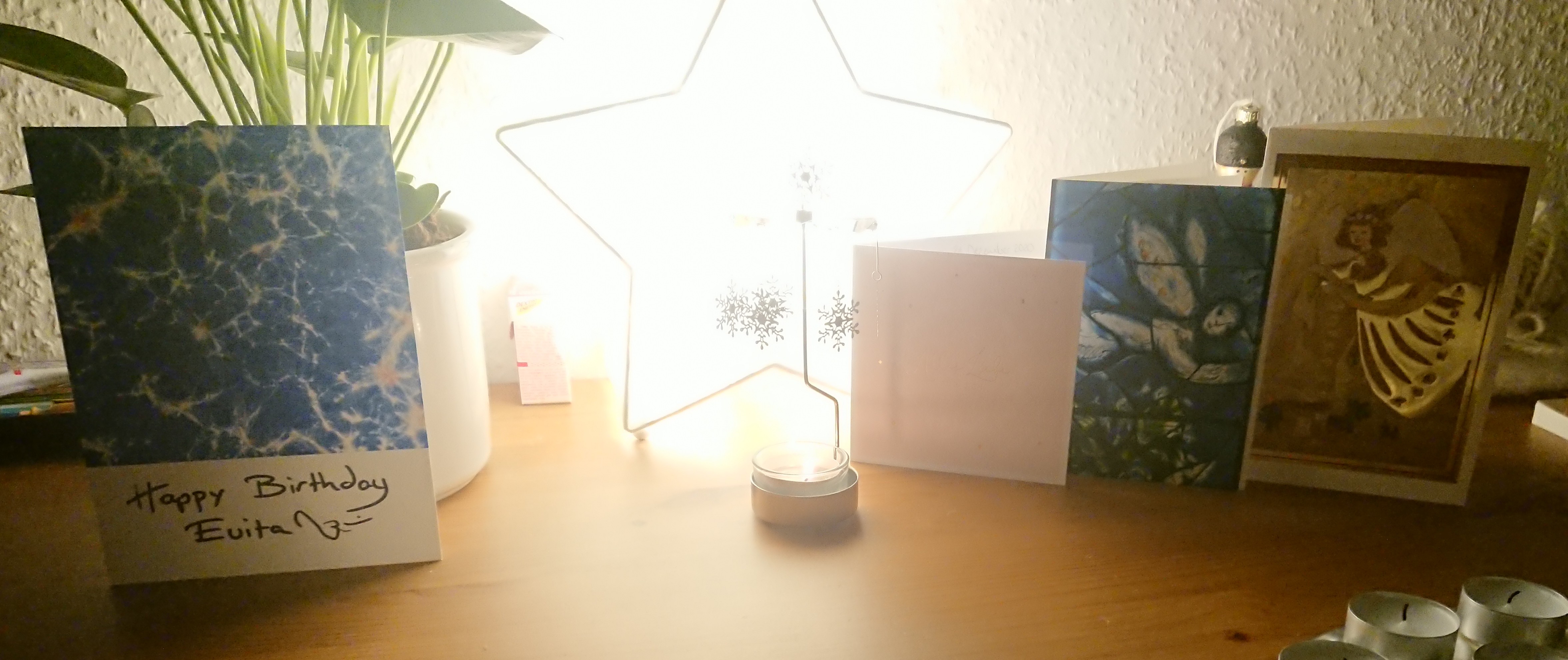
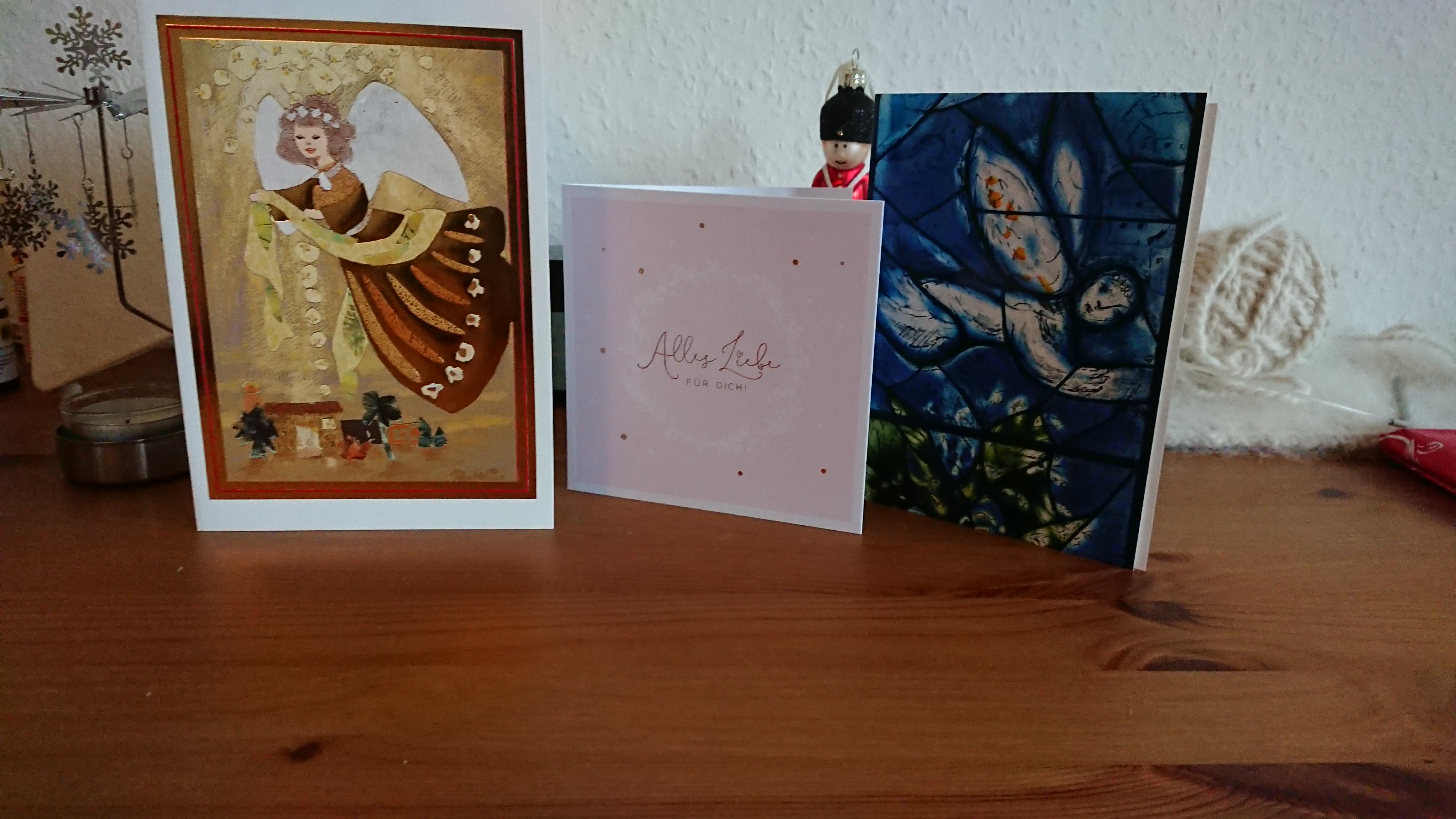
Apropos kidney, the main surgeon who has helped me last year and led the renal autotransplant this year, has retired. Ich danke Ihnen von tiefstem Herzen für Ihre medizinische Arbeit und auch Ihre menschliche Kompetenz. Für Ihren wohlverdienten Ruhestand wünsche ich das aller Beste.
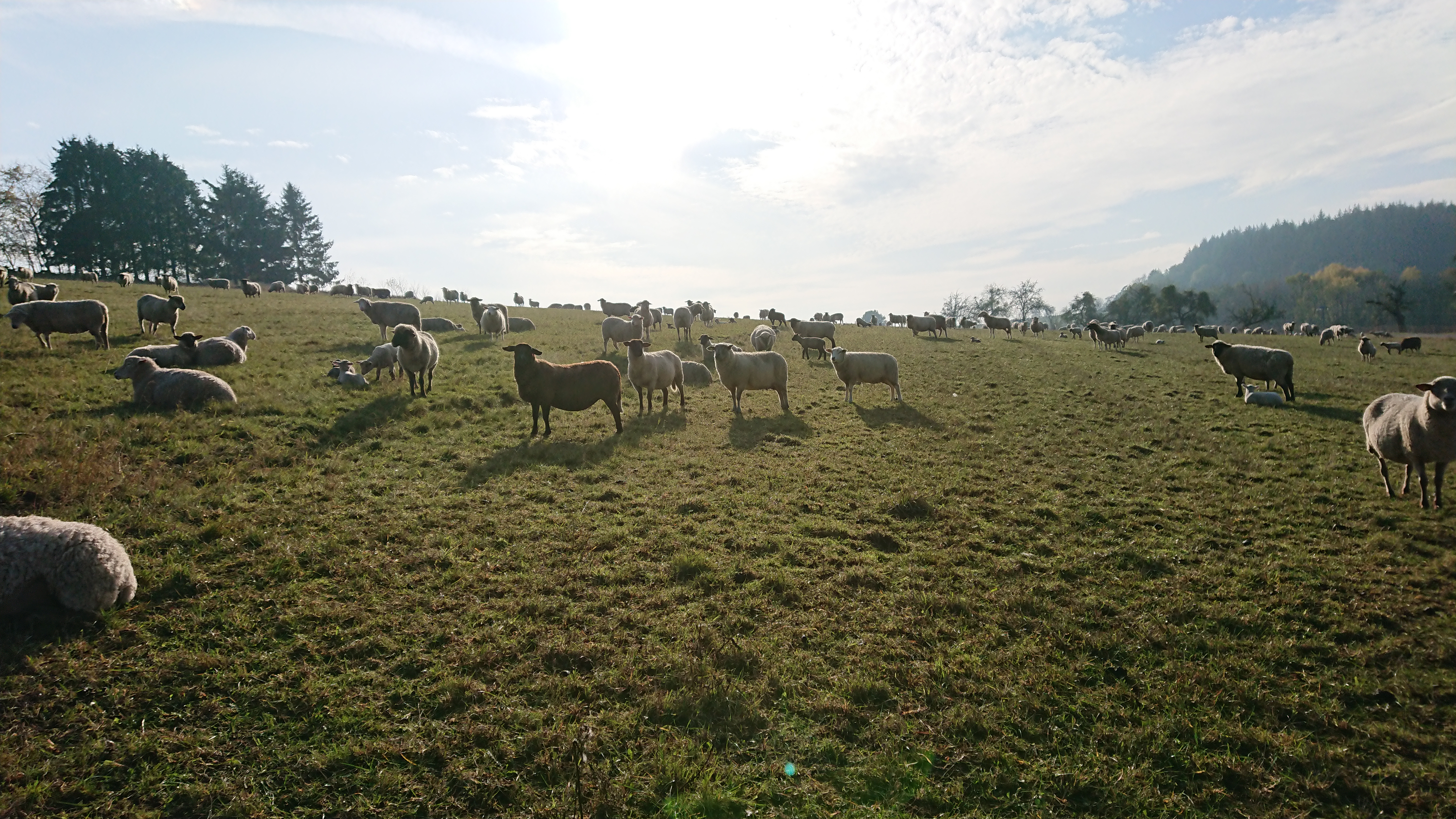
You can skip this —
They had to to empty the bowel (excuse my details) again under narcotics since it doesn’t move on its own anymore. I am not speaking of a motility disorder or slow transit, but a complete paralysis which is quite bad. None of the (intense) measurements have helped so far and the images showed that the main problem is not the mechanical compression by adhesions etc, but rather the nerve/ganglia damage from 2017. During the first surgery the surgeon removed part of the celiac plexus and transposed the SMA (aside of some other crazy stuff) which resulted in dysautonomia, a more severe motility disorder, the aneurysm and the need for its resection i.e. another surgery in the mesenteric ganglia area. More about that below. Unfortunately, there is not much one can do about it, so I am a little lost right now. One other possibility is again a lack of blood flow, similarly to the aneurysm problem last year. We are going to see whether there are any (relevant, as we already know there is) stenoses or wall changes of the abdominal arteries, mainly the patched, transposed and re-implanted SMA and the celiac artery which was decompressed back then as well. Who knows, maybe there is again some monster scar tissue. Never ending story. At least this would be something one could treat. Otherwise the doctors think about a PEJ or JET-PEG, a (temporary or not) ileostomy … but that’s all not a long-term solution.
In autumn, I spent my weeks in Freiburg, at my GP’s practice, in Cologne and in A and Es. I celebrated Halloween with some ghosts and finished my master thesis in the hospital. Thanks to Covid I was able to study the past months from home or the hospitals – that’s the only good thing about this virus. More about this little evil later as well.
Despite all I was able to spend some time outside, on walks with mum and Mr Bo. Bo might actually have some sheep ancestors, my mum sent some of his fur he lost over the summer over to spin wool out of it. The result is a pretty thick and soft wool which is likely to warm a lot. I am very excited to see my mum’s piece of art in the future.
—
The celiac plexus, also called solar plexus**, is the second brain of our body. If you ever been punched or got a ball kicked into the upper abdomen (near the sternum) and weren’t able to breathe, felt dizzy or even fainted, you know what I am talking about. Along the MALS surgery (compression of the celiac artery that supplied the intestines) my diaphragm and part of the plexus were resected and removed, the artery decompressed. During a celiac plexus block one numbs the nerves as diagnostic method or treatment for terminally ill patients. The pain might go away, but the plexus has very important tasks that one shouldn’t numb away forever and especially, one should never remove it or parts of it. It not only supplies the nerves in your abdomen, it is also connected to your vagus nerve (the 10th cranial nerve which takes over the abdominal parasympathetic control – by far the longest nerve of the autonomic nervous system, ANS). The ANS is the major system that unconsciously controls all your organ functions (the wonders of digestion and urination, breathing and heart beating as well as some reflexes and vasodilation/-constriction). It includes the enteric nervous system (ENS) which completely independent of other systems, independent of spinal cord and brain, controls the gastrointestinal tract from the beginning of the oesophagus to the anus meaning the peristalsis, the forward transport movements of the smooth muscles via alternating contractions and relaxations; segmentation, the for- and backward movements that make a better absorption possible and finally secretion. There are more neurons in the ENS than in the spinal cord. No wonder that we need them to work as otherwise we have a huge problem – without them the muscles don’t know what to do.
The superior mesenteric ganglion is around the SMA and supplies the jejunum, smaller bowel, ascending and transverse colon. With a double surgery (SMA transposition, aneurysm resection) there has been too much cutting around my ganglia. Finally, the immune system is highly dependent on the digestive system. Before you can say ‘shit’ you are in a deep vicious cycle. There are some inherited and acquired conditions where ganglion cells are completely missing such as Hirschsprung’s disease (the ENS Meissner and Auerbach plexuses are missing in certain segments. Former controls the secretion in stomach and bowel, peristalsis in the bowel and the immune system; latter regulates the total GUT motility) and other a/hypoganglionosis types.
Well, this is not working without a proper functioning plexus. Hence, doctors don’t really know what to do now and I deeply hope for some ideas for a long-term plan as otherwise things don’t look good. If you are a neurogastroenterologist with background in vascular/transplant surgery with some supporting idea for intestinal failure after surgery, I would be very grateful if you could send me an email. Just joking.
Following TCM the celiac plexus rules the digestive organs, but also some joints and the mental state. Indeed, it is very important to think about the effect of our digestion towards our body as a whole!
In meditation, the solar plexus chakra is commonly known, with fire as the corresponding element. It warms us up, gives us strength, capability, willpower, self-confidence and basically functions as the inner sun that gives us the energy to reach our plans. It is the major place where we make life changing decisions and nourish deep energy from. You can have a look into Chakra yoga to strengthen your celiac plexus, which is not only meditation, relaxation and exercise, but also good for your fascia. There are many guided Chakra meditations online. As the plexus is connected to your diaphragm, breathing exercises and even mindful summing is beneficial as well. If you follow acupuncture/acupressure or foot reflex massage you might want to try out the solar plexus reflex point on the foot (Ren1, you can find it by ‘folding’ your foot, it is the crossing point of this line and the line between arch and ball of your foot, just where the colour changes) or directly (but be careful) Ren12 which is where the plexus is located.
Maybe it has even been a wonder that my bowel has been working until now – despite few occurrences of (sub)ileus. In order to improve the motility of the bowel (disregarding any mechanical causes which obviously need treatment first) there are different methods. Starting with the right nutrition, exercising, drinking, movement, bowel massages, medications, minor and major interventions depending on the severity. Meds include simple stool softeners, laxatives, bulk-increasing meds e.g. psyllium seeds and motility increasing meds e.g. prucalopride that are serotonin*** (5-HT_4) receptor agonists (it stimulates the 5-HT_4 receptors of the larger bowel nerves and causes a peristaltic reflex). Others, such as neostigmine can be given IV, in case of conservative ileus treatment (it has a parasympathomimetic effect i.e. it turns on the parasympathetic division of the ANS by playing the role of the major neurotransmitter of the parasympathetic system acetylcholine, indirect agonists are used for paralytic ileus such as after surgeries, but also urinary retention). Then, one can help with enemas and other methods to stimulate bowel movement. If one still suffers from a chronic bowel paralysis, there are interventions like a pacemaker for the intestines, the (partly) removal of the larger bowel with a stoma etc – I will go into detail in my next post. Unfortunately, due to the artificial cause of the paralysis in my case and the amount of major surgeries I have had, it is almost impossible to think of one of those options due to the risk and the lack of possible improvement.
Motility disorders can occur anywhere in the GI tract, from the oesophagus to the rectum, common conditions are GERD (gastro-oesophageal reflux disease), gastroparesis (delayed) or dumping syndrome (accelerated gastric emptying), intestinal dysmotility in the smaller bowel or severe constipation/slow transit in the larger intestine, Hirschsprung and pelvic floor insufficiency in the rectum. They can be mild with little symptoms or severe with life-limiting symptoms and need for proper treatment. I will update the compression part of this website with information on motility disorders, their cause, symptoms, diagnostics and treatment in the next weeks.
I would like to use this opportunity to remind of last year’s Spiegel article on vascular compression surgeries that shouldn’t been done in such an invasive way as transposing the SMA or resecting the plexus. It does cause life-limiting/threating complications. It can be found online ( ‘Der eifrige Professor Messer’, December 2019) or I am happy to share it with you personally.
Enough about that, I am currently in the process of (yet another) acceptance. Acceptance that it won’t ever be as it used to be. Acceptance that there is no prognosis. In the end, isn’t acceptance nothing else than commitment? I have often written about the need not to resign. We can observe, accept and respond – each step is crucial, difficult, but necessary. In fact, in Buddhism the acceptance of suffering is inevitable for the quest of happiness. At the first glance it might mimic a loss of control, but in the end it is exactly the control that arises from it. I cannot provide a recipe for that, but one should definitely add a spoon of endurance, a table spoon of creativity and a whole cup of patience. We can’t stop the rain, that’s a fact. But we can choose to dance in the rain. Even virtually. We can choose to let go of our expectations. If you are a perfectionist planner and former adventure seeker like me you know how difficult it is. Moreover, it is extremely difficult if you don’t know the limitations, possibly decreasing or vanishing.
Every sad part of life has its happy moments and it is those that we keep track of. Sure, I miss my old me, but I am not getting lost there. It’s always the darkest before it turns absolutely pitch-dark pitchy. Hence, I concentrate only on the next step and maybe the step after in order to prevent falling down too low. Sometimes I’d like to see some more steps, but I also don’t want them to disappear again into nothing. Sometimes it feels like a ladder in never ending clouds, but sun rays do shine through every now and then! Sometimes it is a little stormy and I feel like a tiny flower losing its petals in a vast sea. But always accompanied, as long as I have a memory of how life can be like I will be ok.
Some meditation inspiration to strengthen endurance and patience:
Do you feel restless, angry, disappointed or bored right now? Try to be aware of those negative feelings, take them as they are, don’t ignore, don’t judge, watch them. Can you feel them flowing in and out? Be patient. Be honest. Endure it. Use little patience packages to build up a firm base of endurance. In the Bamboo Grove Buddha once said, ‘Patient endurance is the supreme practice for freeing the heart from the unwholesome states.’ Patience is one of the ten perfections i.e. one of the virtues needed for enlightenment and ends with the acceptance of truth. On its way we need the endurance and self-control to get through the pain and suffering. Now let your impatient thoughts wander by, but don’t halt them. Breathe in and breathe out a few times. Now keep the thoughts. Patience is active. Think of one aspect, start with a small one, you can improve with a patient mind. Practice patience every day and experience its wonderful effect of today and tomorrow.
As I described it previously the heart of meditation is the ability to let the thoughts or feelings come by, however, without judgement. Ideally, the mind shouldn’t wander off, keep the monkey out the mind. The right breathing is crucial. Again, breathing affects the celiac plexus and vagus nerve. Latter you can stimulate by deep belly breaths (which I would recommend for all people, especially that had abdominal surgery, too many people are breathing too flat throughout the day). If you have POTS you can even regulate a high pulse phase as the vagus nerve responds with lowering the heart rate. When laying down I am still on the same level when I used to be a runner. The former is related to your diaphragm which is firm in many people, try to relax the area by proper, mindful breathing, breathe in fire by concentrating on yor epigastric area. I think TCM has been quite successful in Western medicine since it is based on this nerve that goes from the upper neck to the lower abdomen (actually, there is one for the right and one for the left side). Are you already breathing slower? Are you feeling more relaxed? Don’t you know how to reply to a certain situation right now, have you breathed about it? Into it?
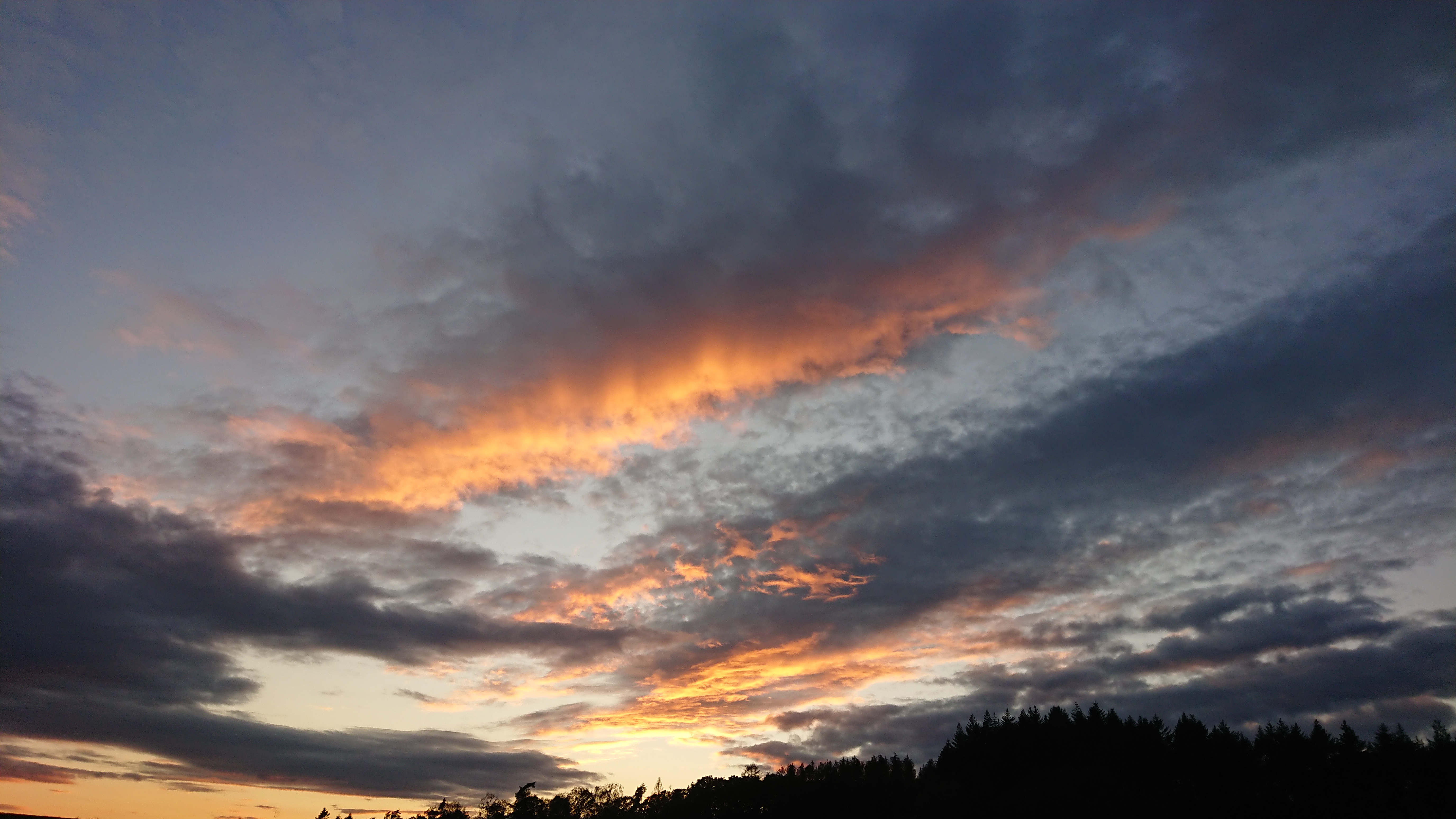
In the following I would like to present some of my thought about illness, the current pandemic and of course Camus.
If one would name the book of the year it would be ‘The Plague’ by Camus in my opinion. The novel was published in 1947 and pictures a plague affecting Oran (a city in French Algeria) from the view of the narrator. It covers the Camus-like absurdism as it emphasises the scary lack of power of its citizens.
Illness in all its facets, its suffering, pain and complete lack of meaning or cause, has shown me the absurdism of life even more. Especially if things cannot be changed and any medical support is simply not possible anymore, one starts thinking about the why and hows. Pain doesn’t always have a purpose. The need for pain as a signal can be lost. Pain can become a chronic condition and its own illness. I can be very lucky that the pain is/was always caused by anatomy (although some of which were caused by surgery) such that I am, for example, flank pain free since the autotransplant – which is still a huge major improvement for me as it was so limiting. Obviously, my weight is dangerously low and I don’t have enough energy to do much, but I am far more mobile than I was half a year ago. I can go on little walks, do my exercises for my fascia etc and can play crazy with Bo. The bowel paralysis causes pain as well, but vascular pain is worse for me, so I am doing ok with that. If pain doesn’t get properly treated, i.e. with sufficient diagnostics and least invasive, but minimally needed treatments, it can become chronic pain which won’t ever go away. The body memorises the pain, because it basically saves the experiences in the central nervous system. A multimodal pain therapy and coping mechanisms might bring relief, but statistics in literature are rather poor. If pain has lost its meaning, absurdism follows. We are humans and we always want to find a meaning in things. In fact, we unconsciously do it all the time – even if there might not even be a meaning. Does everything need to have a meaning? Is it the meaning that makes things beautiful? Is it the purpose? Can the Collatz problem be simply a fascinating discovery without the necessity to understand the reason for 8-4-2-1? I think (nowadays! I used to be on the other side, but I learnt to differ between my academic motivation and personal way of life) you don’t need to find a purpose or meaning in everything, but simply accept how things are.
I have no idea what’s awaiting me, or what will happen when this all ends. For the moment I know this: there are sick people and they need curing.
Back to Camus, just like this year, the citizens of Oran don’t really understand the situation in the beginning. Maybe it won’t be as bad, maybe it won’t affect us/me, maybe it is just a treacherous nightmare…? It follows the chapter of the quarantine with its good and bad sides. The plague (not covering the association to the resistance to the Nazi occupation in WW2 here) is an allegory for the existential anguish and hopelessness that can be found in life.**** But where absurdism is, there is hope not far away. As usually, Camus asks us not to give up and try to be healers.
The experienced powerlessness can be found in any illness. Like a thief it steals away our control, slowly it takes away our wishes, future plans, career, social contacts and what not. But it doesn’t take away everything. So a simple change of perspective can help to make peace with the present. Gratefulness for what remains is a measure of the love for life. Along with the practice of awareness, there is a continuous transformation between mindful awareness and gratitude in every moment. In the case of the pandemic, whether in Camus’ novel or today, absurdism is a collective experience, we experience the same suffering as well as the individual one whereas illness is rather reaching a smaller environment…
Obviously, the plague has a higher death rate and is only affecting a rather small town whereas Covid is such an unpredictable virus and affects all of us. Nonetheless, it also shows that the virus doesn’t know whether you are a politician, a fitness king, a young student, a passionate healthy hiker, chronically ill people. The citizens of Oran ‘merely’ are occupied with enduring the plague. For Camus, the simple act of surviving is worth living for and, weirdly, increases our strength. Does it matter if one survives in the end? Or is it the fight itself that defines us? In fact, Dr Rieux keeps helping to conquer the plague, despite the fact that is effort doesn’t really bring any positive effects. Still, he is the hero of the story.
Beloved people become separated from each other and they need to face the pain on their own, the physical and mental one, the loneliness, fear and uncertainty. Drifting into an existential crisis they question everything there is. The mentality suffers and the citizens feel like prisoners.
I think he also wanted to share his thoughts about the interdependent existence and different kind of relationships in the setting of such a crisis – which doesn’t need to be a pandemic. One shouldn’t call the plague as something necessary or good, but people are waking up from the everyday’s rituals, the start to evaluate their values and learn.
If there is no cure, this doesn’t provide us with the possibility to simply give up. Never. That’s what we sign when we take on the miracle of life. Interestingly, the plague ends as unpredictable as it begins. I doubt that this will be the case with Covid. But both, Oran’s citizens and today’s world population should see more clearly in the pandemic’s evolution. We are all dependent on each other.
It is not a coincidence that Camus asks us to revolt (not rebel): we should tolerate reality, but make the best out of our response.
For me the plague is the image of human indifference which has always been a lack of us. People are always so busy with themselves and now everyone is forced to contemplate on a macroscale.
But what does it mean, the plague? It’s life, that’s all.
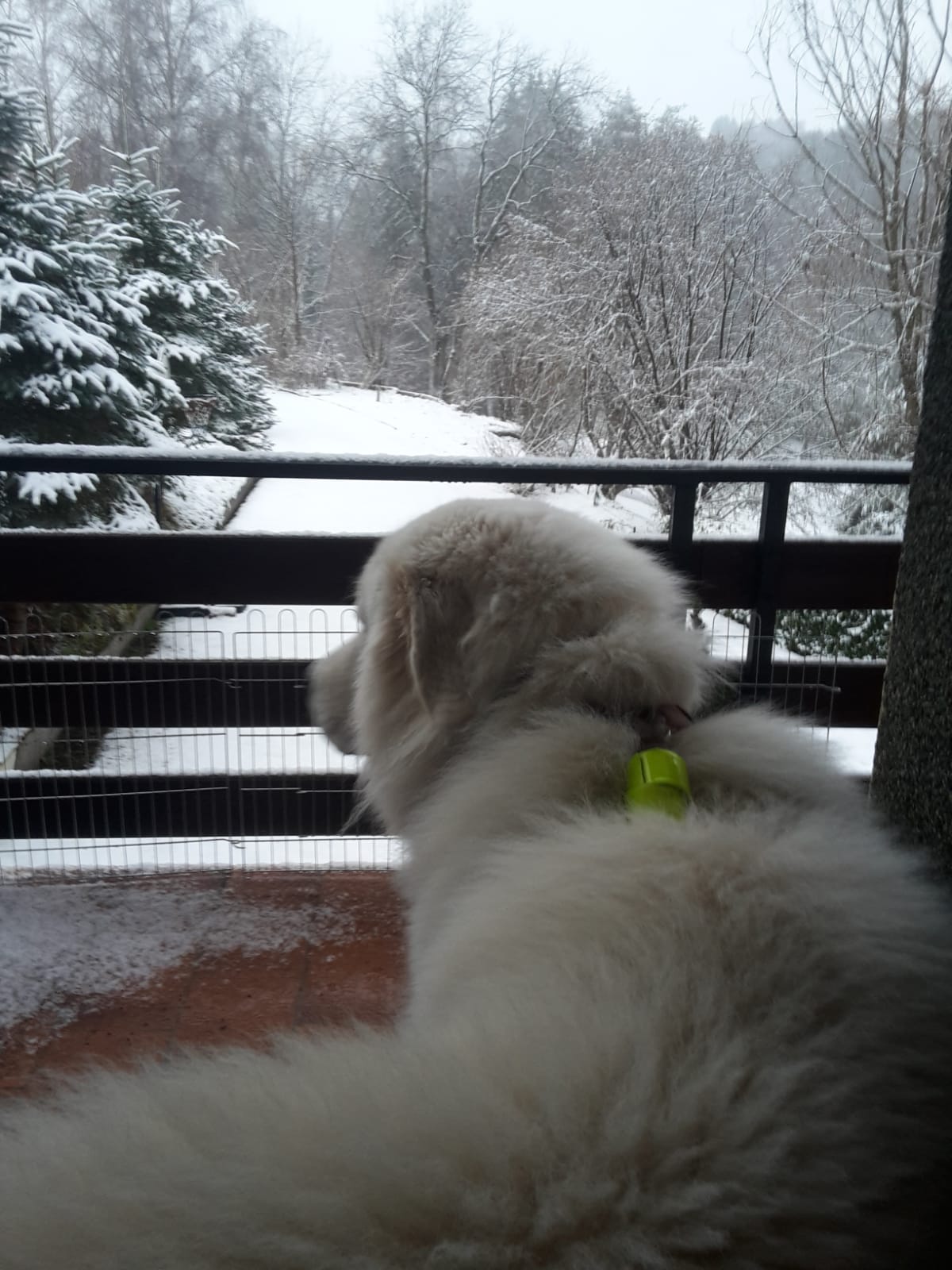
On a Winter Walk
Now, take a deep breath in and slowly breathe out. Relax whilst going on a walk in your blooming mind. Spend an afternoon in the winter forest. Let’s go on a tiny journey. Did you just hear a knocking? Somewhere in the treetop. What other sounds can you hear? The slow rushing of a little stream, the wind gently moving the branches? Your steps on the moist and soft floor of moss? Did you just hear the steps? It might be a fox, a hare or deer or just the howling wind? Make yourself comfortable on the goldfinch‘s wings (J. Keats’ poem!) and fly through the peaceful retreat. He is going to protect you. Maybe you want to follow the calm little stream or the animals or simply get lost in the forest. Deeper and deeper, away from the stress of the outside world. Look around, where do you belong to? Will you be part of the forest? Part of your own journey? Or will you observe only? Can you smell the firm woods? From the sandalwood-like blooming tree trunks to the outer needles and fir cones, the sweet-smelling evergreen to the wintergreen boxwood on distant fields. Inhale the leaves, the ones on the ground and those that are still left above you. Do you realise how everything is just such a tiny part, unique in its own, but after all in interdependence with everything else? Be part of it. Can you feel the inner peace? Isn’t this the perfect place for breathing in the fire that will strengthen your solar plexus? The cold wind is in harmony with your inner warmth. Now wake up again, do you feel the energy and warmth you have just gained? What will you do with it today?
Have you also just been suffused by past Christmas holiday memories and their strong and fresh scents? Some are like vanilla, so earthy, cosy and pure, some orange-like, dreamy and jolly! Cardamom, cinnamon, ginger, warm and hazy candle scent, chestnuts, chaotic baking (I am sorry, but I am just so hungry)… A child’s smile, an everlasting promise, a cheerful tear. Some from long ago, along with miraculous traces in between. Now, in winter, everything seems to have slowed down or even is on standstill. It emphasises the moment even more, don’t think about yesterday, don’t think about tomorrow, breathe in the moment only. Refreshed by the clear winter air calming and energising days are awaiting you. For me, in the forest I learnt how to breathe. Breathe for wandering, running, exploring and healing. The breathing hasn’t changed. For me, wonderful memories arise.
With Christmas knocking on the door, we start to develop a stronger desire for contemplation (usually, I find this quite interesting – watching the people running through the full London streets that are lit up by thousands of shining and glowing lights looking for gifts to buy). What is important today? What should we contemplate about? Between personal needs, problems, goals and global difficulties, shall we concentrate on now or tomorrow, the smaller or bigger problems, our own ones or support the ones that need it more (?). I think contemplation should be done in thought, word and action; now covering an evaluation how things truly are and whether we agree with it. Some more thoughts in between?
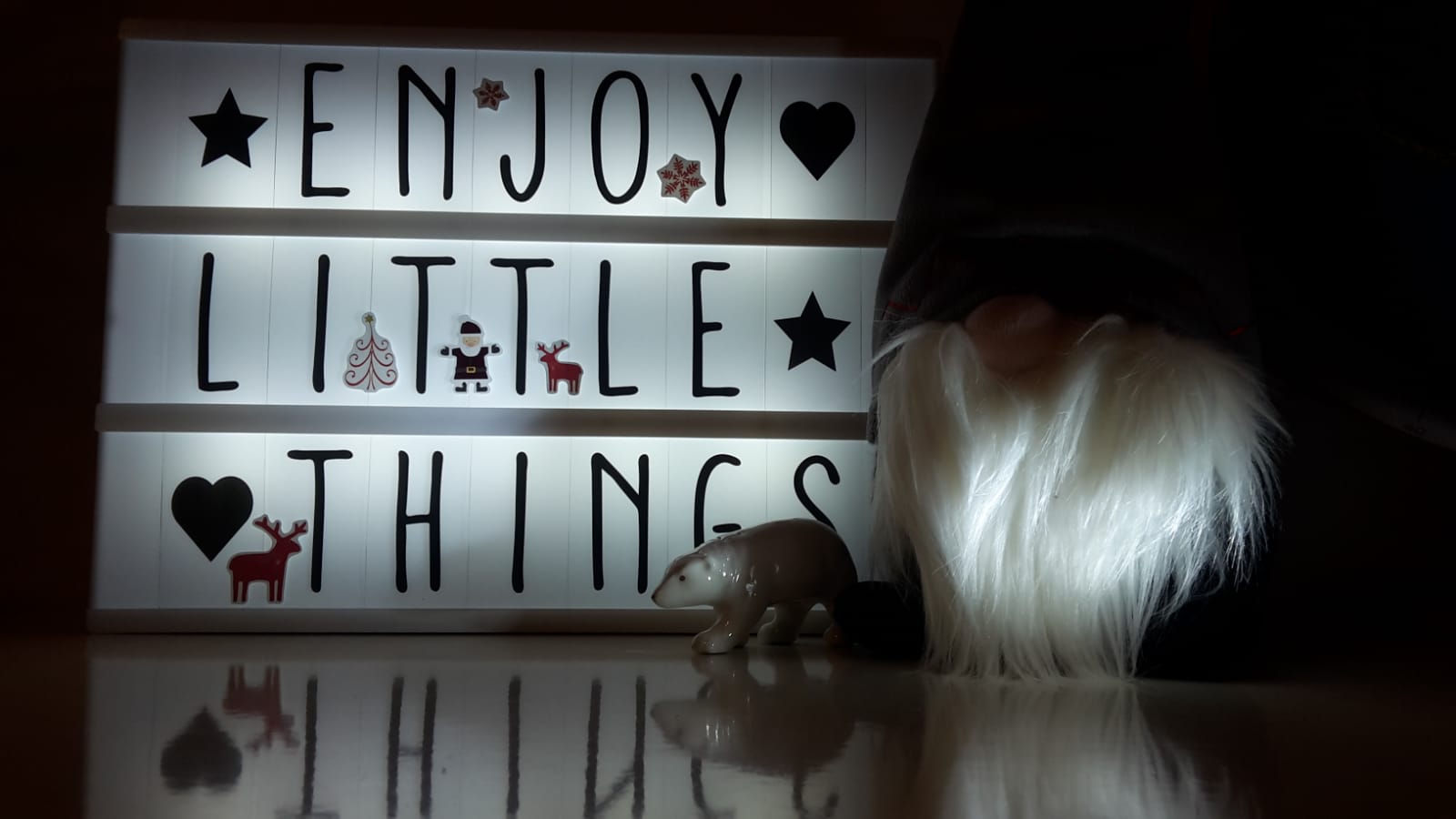
May you all have inner calm in the coming days, may there be wonderful Christmas miracles this year. Let’s just not talk for a moment and be aware of the love we receive and give.
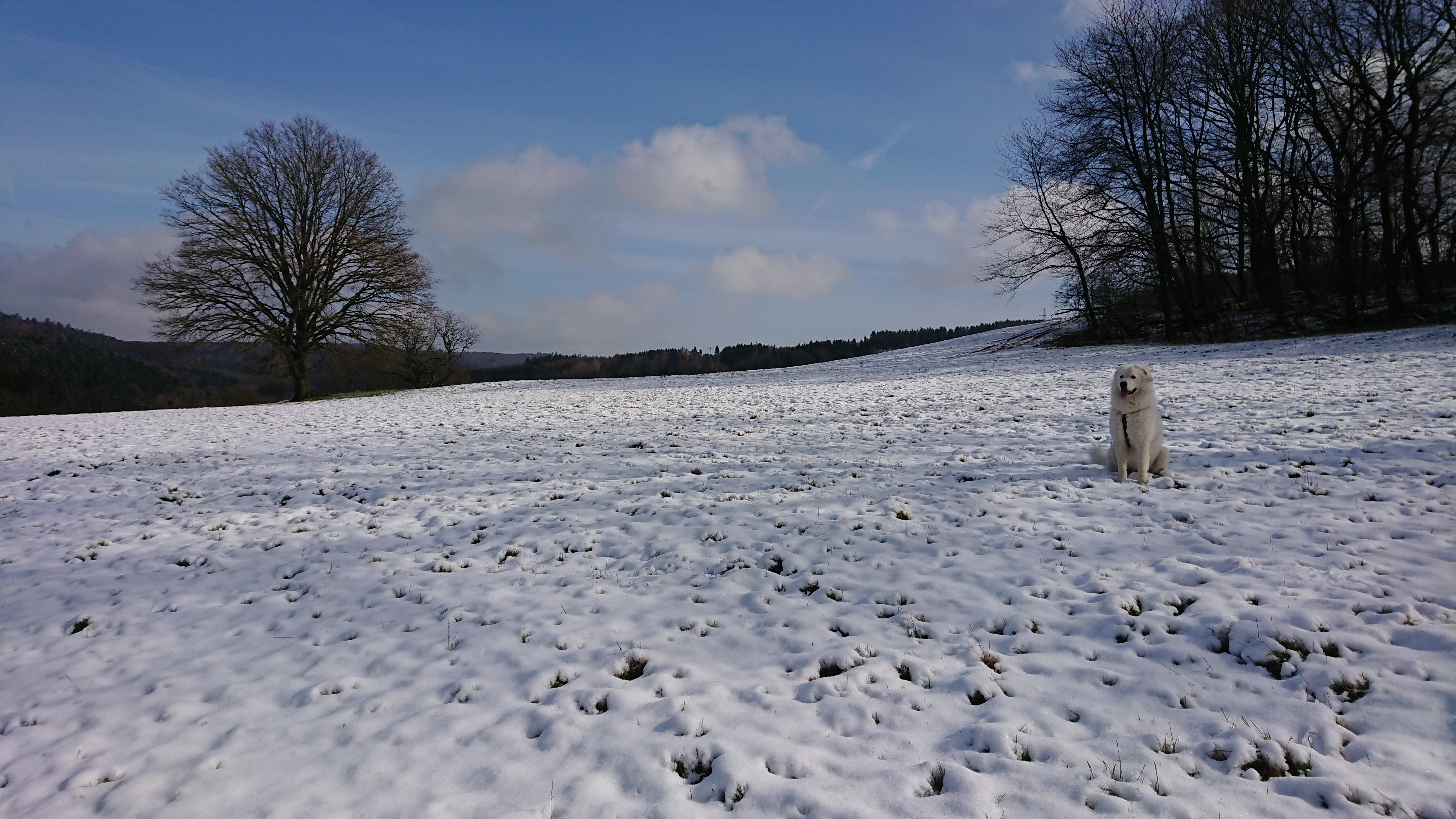
2020’s film recommendation – Notes to my Son
This year’s latest movie recommendation is based on a true story (Marie Vázquez, ‘El cuaderno de Nippur’ with texts and images) about a terminally ill mother. She suffers from cancer and there is no effective treatment left anymore. She is being visited in the hospital by her family and friends that struggle with the fear. Maria shares her experiences of becoming weaker, but also writes a book for her little son Tomy full of deep and inspirational thoughts, small notes and heartful letters. It seems that she has accepted her fate, in contrast to the people around her that either don’t understand, can’t understand or don’t want to understand. She is a fighter, wonderful mother and encourages the people around her. Then, she starts sharing her thoughts on social media and touches complete strangers. When she has finished the book with all her messages, she decides to pass away by assisted suicide. The prominent act of love is the arrangement of her death where they actually have to fight for. One doctor who is against it, says that her duty is to kill the pain, but not the people. That has stuck with me – what if the pain is just a slow dying and fading away? It is a story that goes directly to your heart and pictures illness quite well (no unrealistic adventure trips out of the hospital etc), one feels like a friend visiting her in hospital which you can’t brush rosy as well. Nonetheless, the story is happily touching with a minor melancholic fundamental tone. Even in the very sad moments it is very encouraging and takes one to a journey through life and suffering. It is wonderful that the dying body’s mind enlightens the world and it should remind us of our gratitude. The movie is full of tiny things that are so honest and familiar to many patients with (critically) illness. Things are not going well and doctors don’t immediately share their findings or don’t tell the truth. Maria’s feeling that everything is more vivid when one is on the edge. How she hates hearing ‘Everything will be alright.’ How she reacts to congratulations for her bravery – she has no other chance, why should she get lost in self-pity? Still, she’s feeling pretty bad all the time. Her loved ones can’t do much except joining her humour and watching her starving and vomiting and having ‘less muscle tone than a slug’. Still, it is the little things that build her up. Her humour, sometimes a bit dark, is the acceptance and not a shield of protection. I guess some people who read this can relate. One of her final notes is
And so nothing ever dies. And something always lives on.
Merry Christmas!
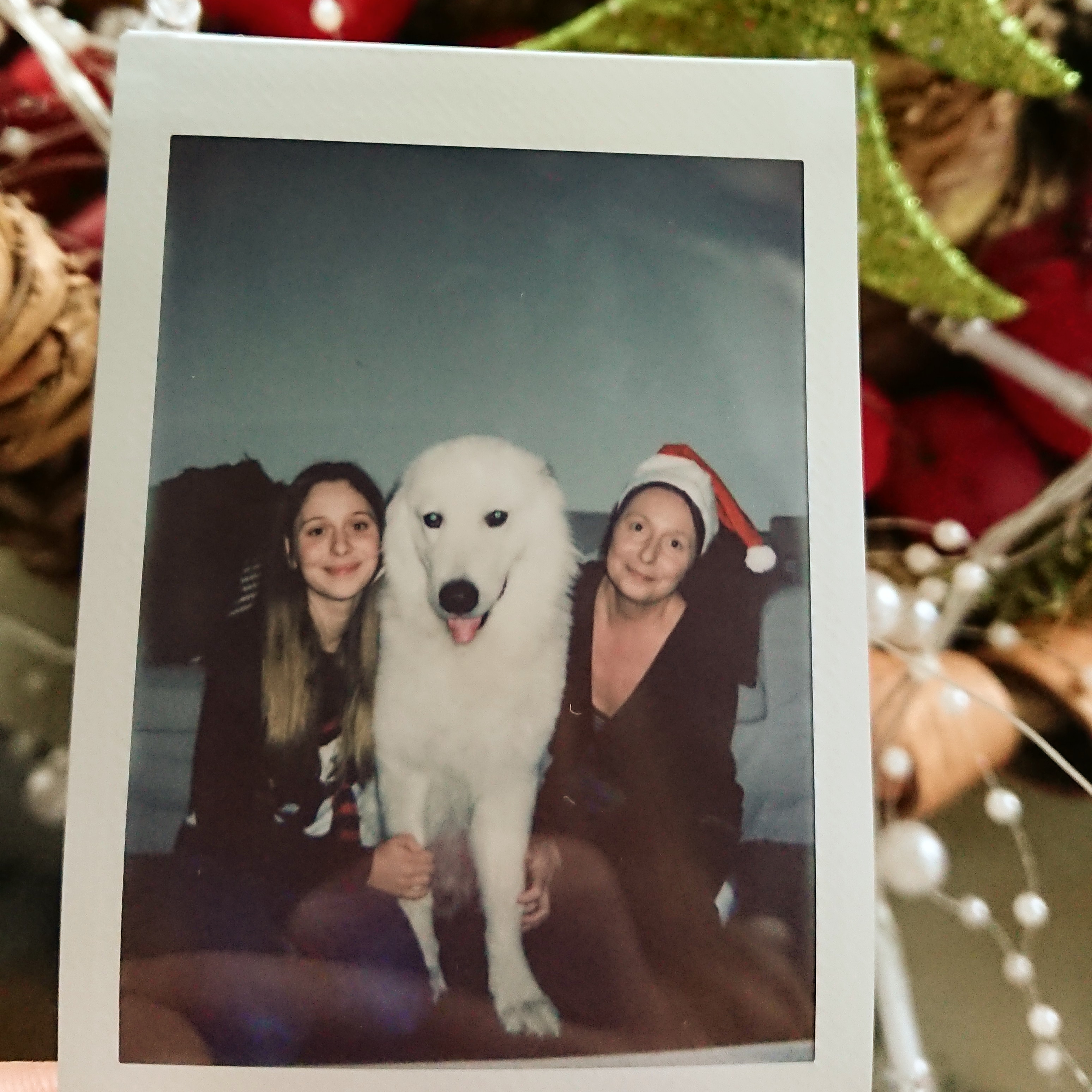
Songs to forget the bad of today (find more recommendations here)
- Breathe (Alexi Murdoch)
- After the rain (Nick Wilson)
- Long night moon (Reckless Kelly)
- Maybe If (Strangely Alright)
- The fox in the snow, Better now (Belle and Sebastian)
- Together (Maggie Rogers)
- I do not care for the winter sun (Beach House)
- Ooh Child (Five Stairsteps, MILCK’s version)
- Climb on you tears (The Paper Kites)
- The climb back (J. Cole)
- Next to you (John Vincent III)
- Magnetic North (Adam Hill)
*actually I wanted to call it ‘I Don’t Give a Shit’
**as it radiates nerve fibres into all directions, to the liver, stomach, spleen, pancreas, kidney, bowel and testicles/ovaries. So, basically, it supplies the whole abdomen!
*** There are studies that over 90% of our serotonin levels are produced in the gastrointestinal system! Our happiness lies in the intestines. May I make the best out of the remaining 10%!
**** If you are in an existential crisis, I can recommend reading Camus as therapy. Start with Caligula and The Myth of Sisyphus (Le Mythe de Sisyphe), over to The Plague (La Peste) and The Stranger (L’Étranger) and end with The Fall (La Chute) and The Rebel (L’Homme révolté). Fill in the breaks with some Nietzsche, Heidegger (Being and Time!) or Sartre. I am happy to have any deep conversations! For philosophy and existentialism/absurdism beginners I recommend ‘Philosophy Feuds’ (Aeon Video), the one on Sartre vs Camus is quite good. Same with the 86th episode of ‘Philosophize this’.
***** and another one for Christmas 🙂
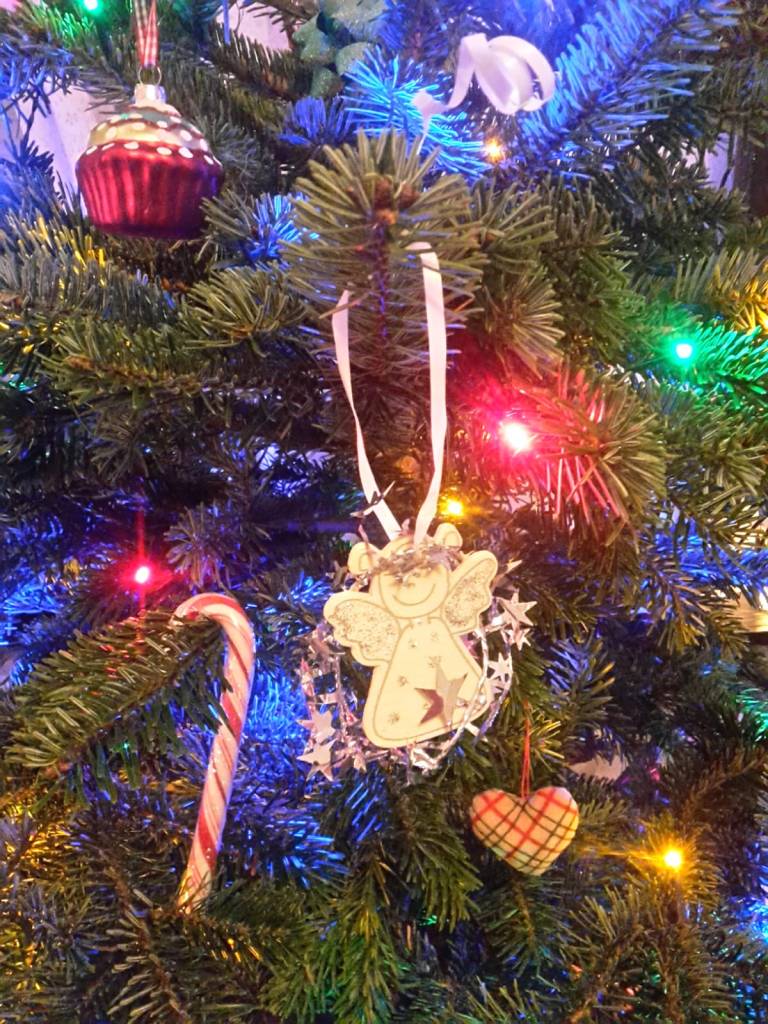
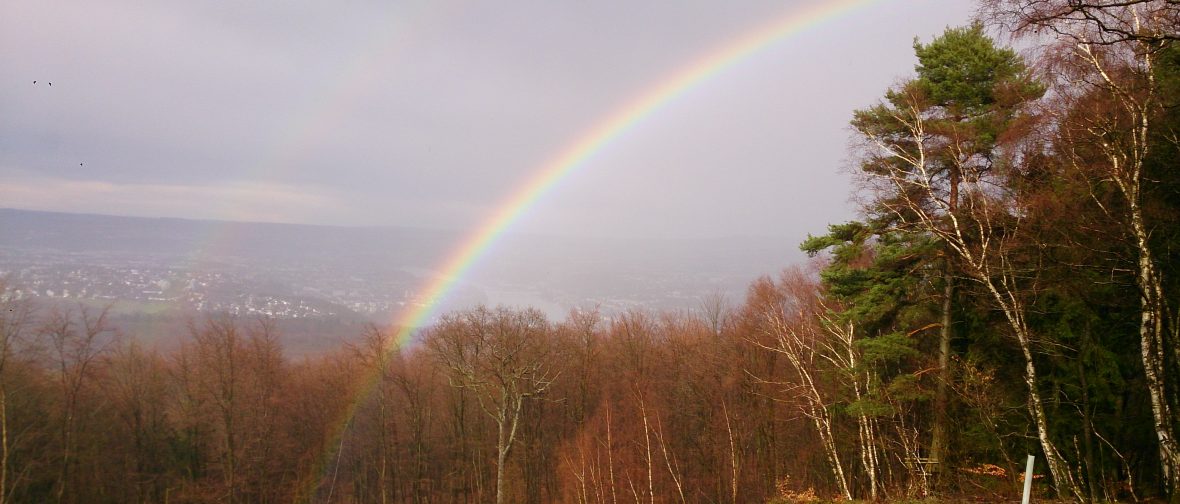
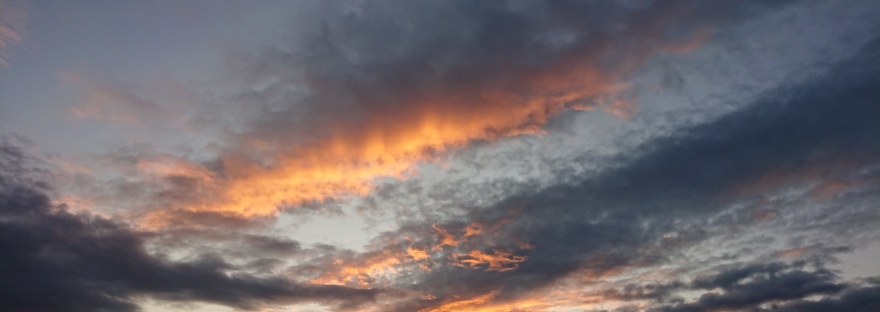














3 thoughts on “Merry Little Christmas*”